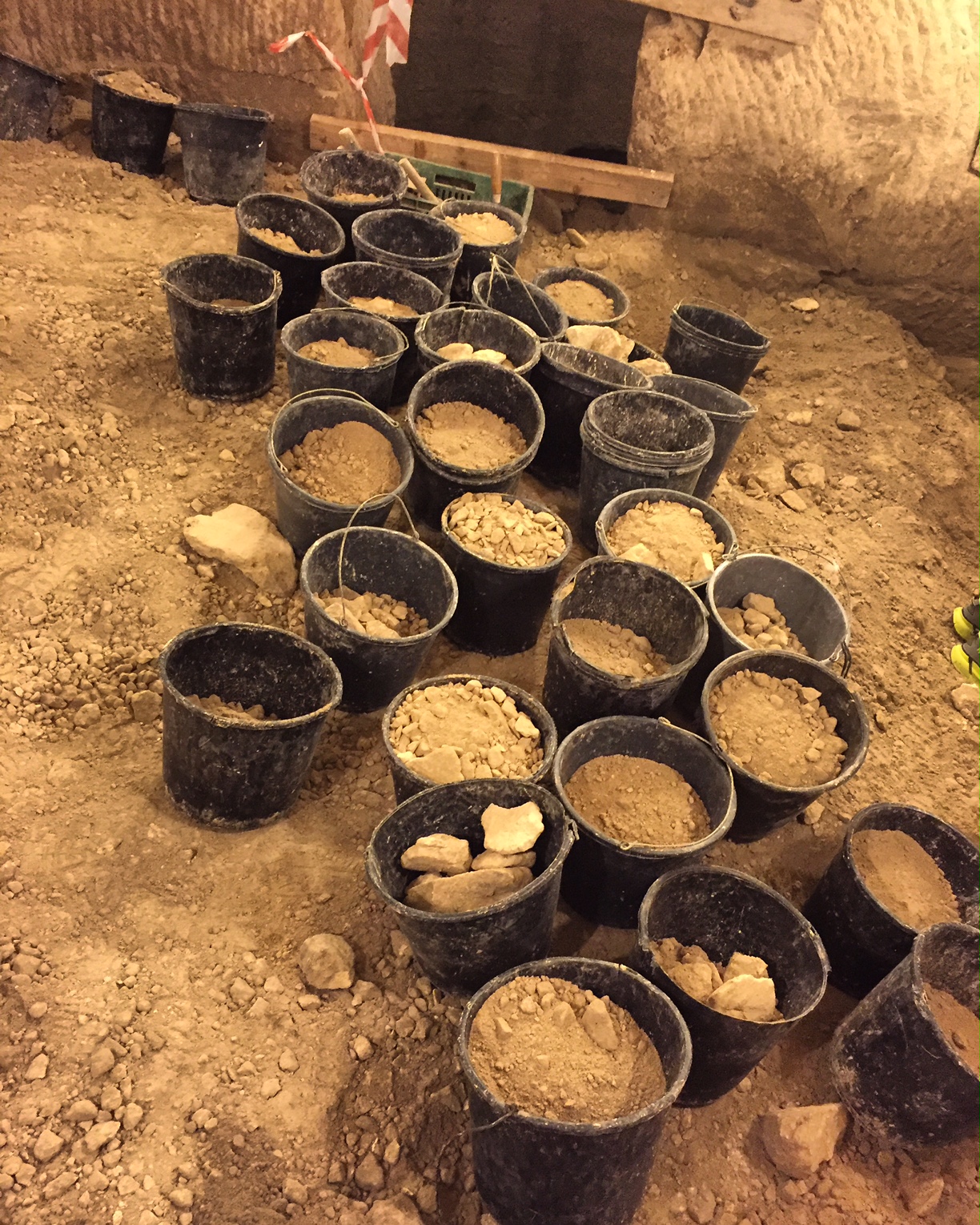This week’s Torah portion, Re’eh, ends with the idea that no one should come to God empty-handed (Deut. 16:16). As I heard these words chanted from the Torah this morning, I found myself wondering whether it’s actually possible to show up empty-handed. To me, empty-handed implies that we’ve got nothing. Absolutely nothing. To bring. To offer. To share, contribute, teach. But if the human condition is one of inherent abundance, can any of us really show up empty-handed? If we can’t bring the fruits of our harvest or the choicest of our flock, certainly we can still bring our presence, our humanity, our stories, our listening ears, our loving hearts. And if we bring these things are we truly empty-handed? Or are we actually overflowing with abundance?
Believing in the possibility of empty-handedness seems to have a built in bias for materialism. You can only truly be empty-handed if you believe that empty-handedness is about the stuff that you have in your hands. No stuff in your hands? Then you’re empty-handed. If we make the move that says that what we bring is much more than what’s physically in our hands, then it’s not really possible to show up before God or anywhere else empty-handed. Which raises the more interesting and sometimes problematic question of what we really bring to each experience, encounter, and moment.
Rather than thinking about what we’re not bringing, let’s think about what we are bringing. The inherent abundance of our being, much of which we share with others simply by virtue of being alive, and much which is specially our own.
And if we are physically empty-handed, doesn’t it just make it that much easier to reach out and joins arms with one another? Seems like we need a bit more of that in our lives these days!
